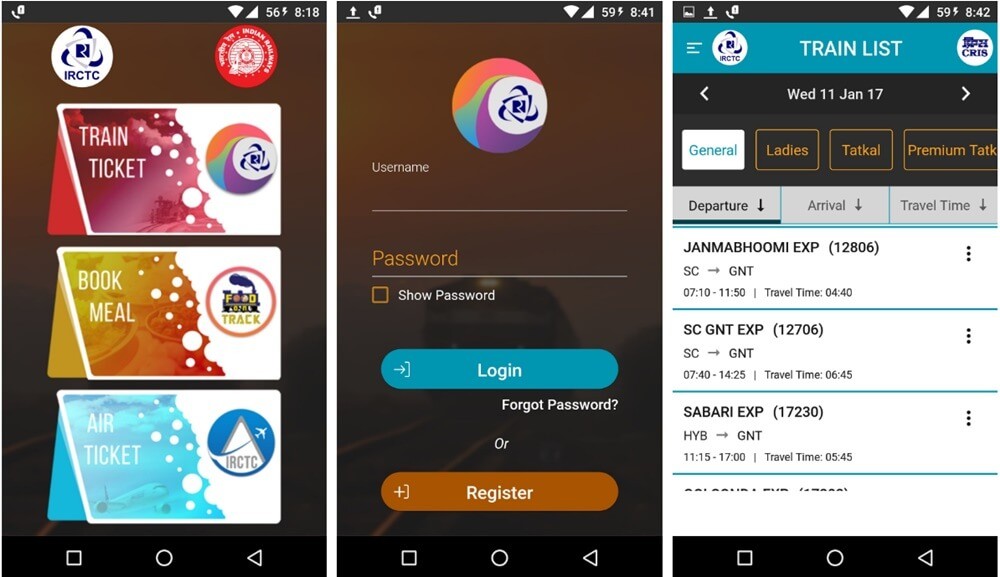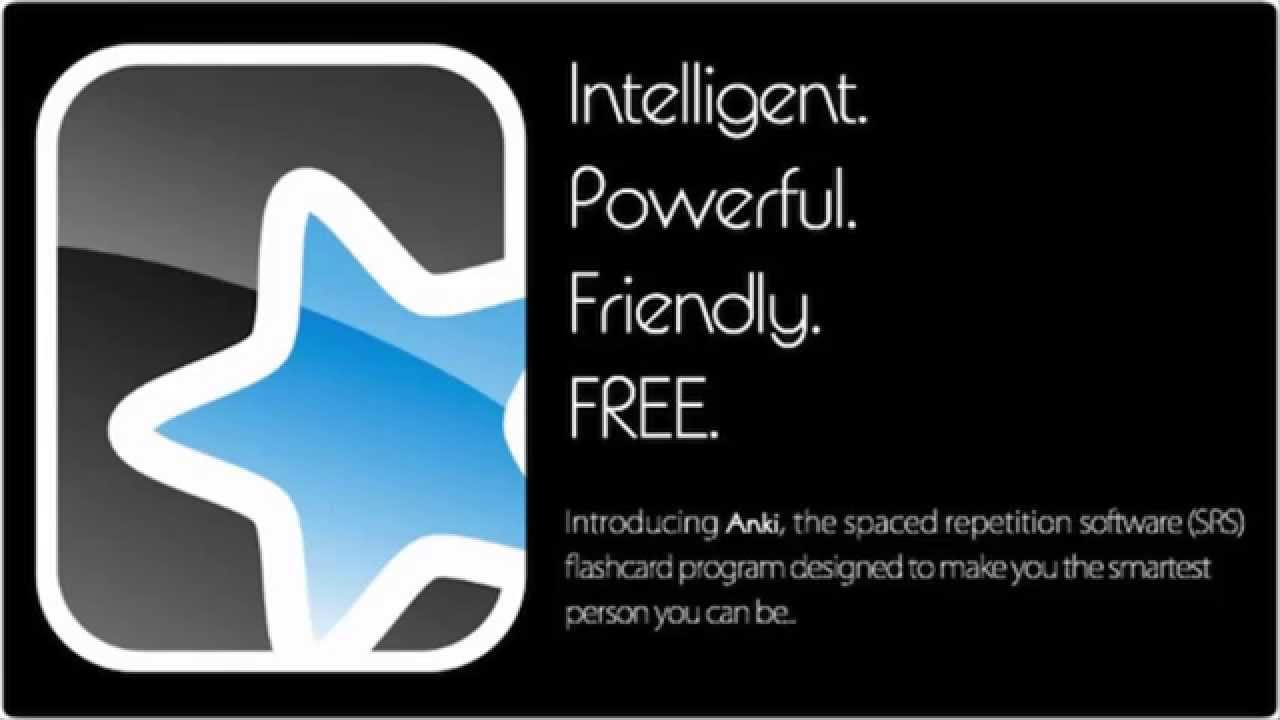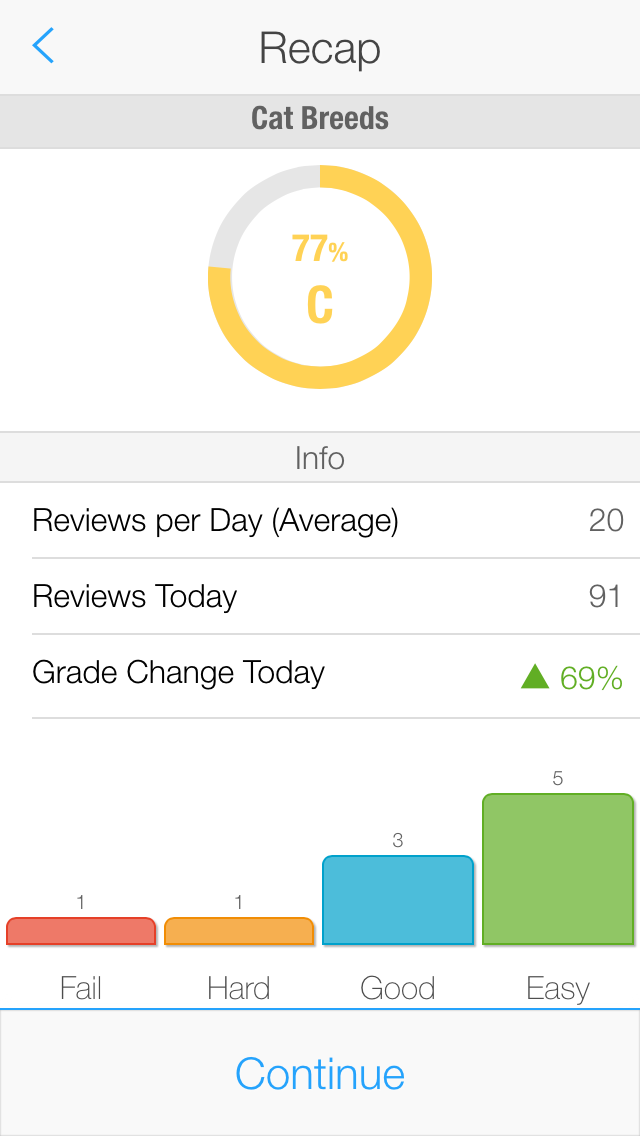

Brainscape’s modified version of spaced repetition, called Confidence-Based Repetition, further optimises the learning process by automatically determining how a student’s study time is allocated. At no cost to you.īrainscape focuses on spaced repetition, which, according to its website, is ‘the process by which new or difficult concepts are studied more frequently than easier known concepts’. Access teacher-verified explanations, flashcards with spaced repetition, and a study planner with analytics. Our all-in-one learning platform is completely free. You can choose AnkiApp Unlimited, which you’ll have to pay for. AnkiApp Basic is free, but you’ll only have sync access for one device. Students and creators from other flashcard apps, like Quizlet.
#Anki app store plus

Downloadable flashcards are available from the likes of Quizlet.You can then test how much you know in quick sessions of 60 seconds or less and track your progress afterwards.
#Anki app store download
You can download pre-made flashcards (over 80 million to choose from!) or easily create your own. The algorithm tracks how well you know each flashcard and will then prioritise the ones you don’t know. AnkiAppĪnkiApp has a unique algorithm (developed by an ex-neuroscientist) to make studying extra efficient for you. Here’s a list of some of the most popular flashcards apps. Your Ultimate Guide to Online Flashcard Apps Now there’s no excuse not to study😉.Īn example of StudySmarter’s flashcards. This means you can learn from them easily anytime, anywhere (especially if you’re using an app on your phone). Flashcards don’t contain a lot of information – just questions or keywords and the answers at the back.

They condense information and are ideal for on-the-go learning.For the work you’re still unfamiliar with, you can create another group and spend more time practising these flashcards until you’re confident you know the material. If you’re confident about specific topics and their answers, you can create a separate group for these flashcards. You can structure them based on your confidence level.You can then repeat this flashcard until you’re 100% confident you know the answer/s. If you answer your flashcard and then see you’ve got the answer wrong, you can immediately see which areas of the material you need to go back to and focus on. They help you assess how well you know your material.Also, the repetition in learning your flashcards strengthens your memory, helping you recall info later on in your tests and exams. With flashcards, you can quickly check if you got the correct answer, which helps you self-assess and reflect on how you’re doing. They enhance and deepen memory (metacognition).This is way better than passively reading through notes where you’re likely to zone out (and fall asleep, if you’re like me). When you create and then study your own flashcards, you have to think about the answer and test your memory before you flip them over to get the answer (questions or a key term are on the front of the card, and answers are on the back). They promote active learning and active recall.Here’s what makes flashcards an excellent and valuable study tool: OK, so the great thing about flashcards is that if you use them correctly, they will help you learn and retain info quickly and effectively. I made pages and pages of notes in the same colour pen … I mean, what was I thinking?! Anyways, they say hindsight is 20-20, and if I ever study again, I’ll definitely be studying smarter, not harder 😉. When I look back on my time studying, I definitely didn’t study effectively or efficiently AT ALL. I never used flashcards in my studies, and I definitely should’ve. OK, before we get started, you might be asking … … But Why Should I Use Flashcards?


 0 kommentar(er)
0 kommentar(er)
